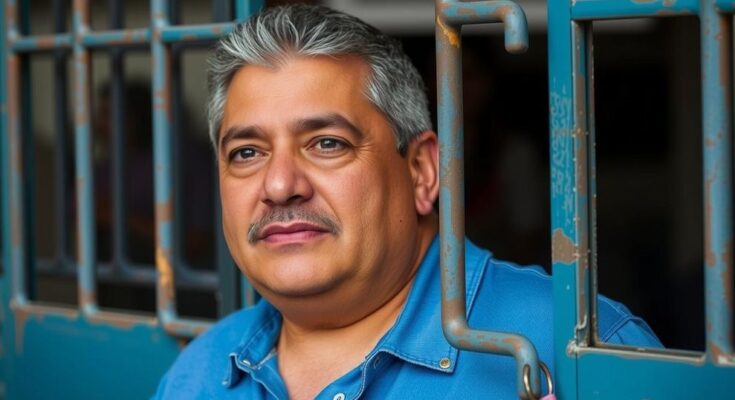Venezuela’s government has released 103 prisoners detained after the disputed July elections, amid allegations of election fraud and ongoing oppression of dissent. Protests erupted following Maduro’s victory claim, which many opposition figures argue was stolen. The situation remains tense, with continued pressure on the opposition, while international scrutiny of Venezuela’s political climate intensifies.
The Venezuelan government, led by President Nicolás Maduro, has announced the release of 103 individuals who were imprisoned following the contentious elections in July. These individuals were detained during a government crackdown on dissenting voices, as many opposition members claimed that Maduro had manipulated the election results. The release was facilitated by the citizen security service, which reported that this action resulted from Maduro’s directive to reassess cases linked to election-related violence.
The releases occurred over a span of 72 hours, alongside other precautionary measures that allowed an additional 225 detainees conditional release. Despite these gestures, the Maduro administration has continued to resist pressure from opposition factions and international leaders to publicly disclose electoral data that could substantiate Maduro’s claimed victory.
Following the election, widespread protests erupted in Caracas and other cities, fueled by allegations of electoral fraud. Numerous high-profile incidents of violence resulted in at least 28 deaths and nearly 200 injuries, as security forces confronted protesters. In light of these developments, members of the opposition, such as Edmundo Gonzalez, fled abroad for their safety, while some sought refuge in foreign embassies. Argentina’s government has raised concerns regarding the treatment of opposition members taking sanctuary in its Caracas embassy, citing harassment by Venezuelan authorities.
In summary, the government’s recent actions to release prisoners reflect ongoing tensions in Venezuela, exacerbated by allegations of electoral misconduct and repression of dissent. While these releases may indicate a slight easing of pressure on political prisoners, continued crackdowns on opposition leaders and insufficient transparency surrounding the election persist. The situation remains precarious as the Maduro administration faces escalating scrutiny both domestically and internationally.
Venezuela has been engulfed in political turmoil following the controversial elections held in July. President Nicolás Maduro’s administration has faced accusations of electoral fraud, prompting significant civil unrest throughout the nation. The opposition has challenged the legitimacy of Maduro’s victory, claiming widespread irregularities. In the aftermath of the elections, protestors demand accountability, while the government reacts with firmness, leading to mass detentions and arrests of opposition figures. The continuing crisis highlights the fragility of political institutions in Venezuela and the growing discontent among the populace against authoritarian measures.
The release of 103 political prisoners by the Venezuelan government comes amid ongoing allegations of electoral fraud and systematic repression of opposition voices following the July elections. Despite the administration’s recent attempt to alleviate some pressure through prisoner releases, the overall situation remains tense, marked by violence, protests, and the ongoing marginalization of opposition parties. As international scrutiny intensifies, the Maduro government faces further challenges in addressing the discontent and demands for transparency from both the domestic sphere and the international community.
Original Source: www.aljazeera.com




